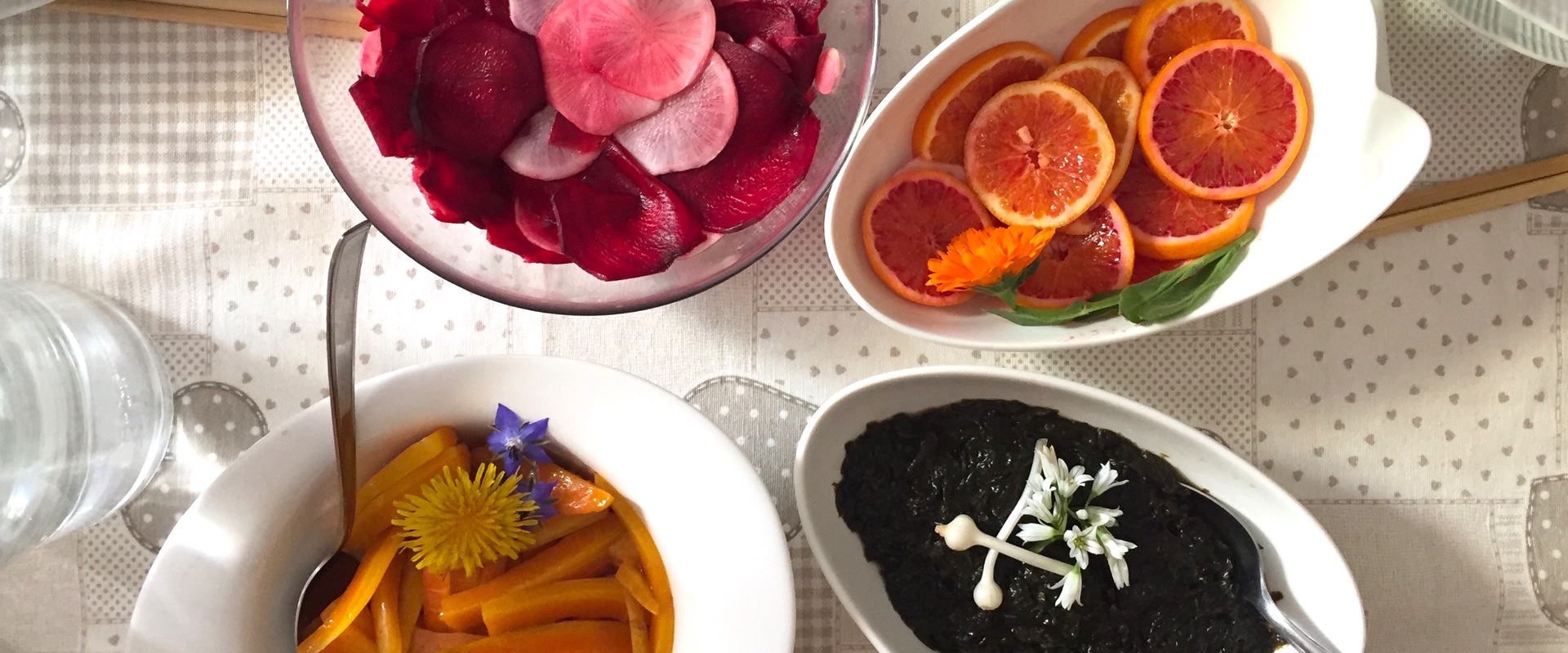Modern macrobiotics: Roberto Marrocchesi’s experience (part II)
2017-04-26
We continue our chat with
Roberto Marrocchesi, a man with forty-five years of
macrobiotic practice and a forty-year career behind him.
He is a
naturopath and
nutritionist, a consultant and teacher, author of
numerous publications on the subject and the creator of
educational programmes for safeguarding the health.
Roberto, when and how did you first come into contact with macrobiotics?
“
As a boy, I read everything that came into my hands, even streetcar tickets. At the age of 21 I came across a copy of “The macrobiotic diet” by Georges Ohsawa at a used book stand. This was in 1972. I had already read about macrobiotics, about how it seemed to cure all illnesses, in my mother’s “Annabella” magazines, which I used to leaf through sometimes. At that time I was studying Pharmacy at university and I had some stomach trouble that I wanted to solve. I had been to Amsterdam with friends a year earlier, and I had found macrobiotic food at a hippy hangout. Ohsawa was a revelation for me: from then on, I demanded my mother cook whole grain rice for me! I found two or three stores in Turin that sold these macrobiotic products, and I guess I was their only customer!”
So it’s true that a book can change a person’s life.
“
It is. I graduated in Urbino, and as I was living on my own, I was able to eat a splendidly austere macrobiotic diet on a student’s budget. In 1976 I went to Milan to attend a conference held by Michio Kushi, and it changed my life.”
Kushi, a student of Ohsawa, was the world’s top authority on macrobiotics in the second half of the twentieth century.
“
Yes, he helped promote this philosophy of living in the United States, where he went to live after the Second World War. Kushi understood that the real revolution for humanity was a biological one, and therefore that food was essential. At the end of that conference in Milan, Michio shook my hand, and I still remember that I could feel all its plant-like qualities: his hand was as soft and flexible as bamboo.”
What did he say to you?
“
He looked me in the eye and said: I see that you will travel all over the world, so you must try to stay very balanced with your diet. And he added: why don’t you come to Boston to study with us? And what did I do? After I graduated, I set off for the United States. In Boston, Michio had just founded the Kushi Institute for Macrobiotic Studies; I was the second one to register there. There was a big macrobiotic community from all over the world. I found a job working in a factory to pay for my studies. Food was the centre of my life! When I got my diploma, in 1979, I found a job teaching macrobiotics and founded a company that produced plant proteins and organic foods such as tofu, seitan and so on.”
Why did you decide to come back to Italy in 1989?
“
I just felt that I had finished my experience in America. When I got to Italy, I found that as I was the first Italian to get a diploma at the Kushi Institute in Boston, I was given a hero’s welcome, asked to hold courses and conferences and to offer my opinion. I taught at the Kushi Institute in Florence and Milan, then in Germany and Switzerland. The eighties and nineties were the best time for macrobiotics, when it was viewed as the spearhead of curative dietetics.”
Mariagrazia Villa
